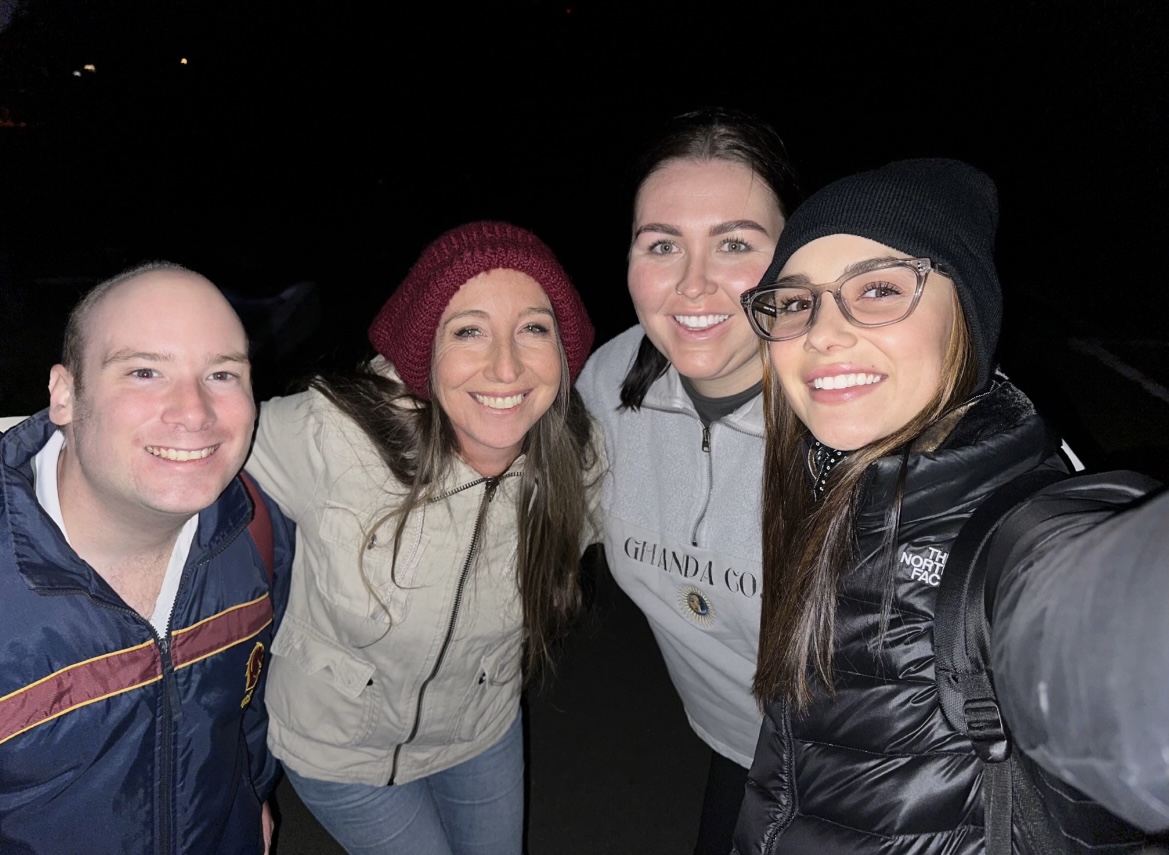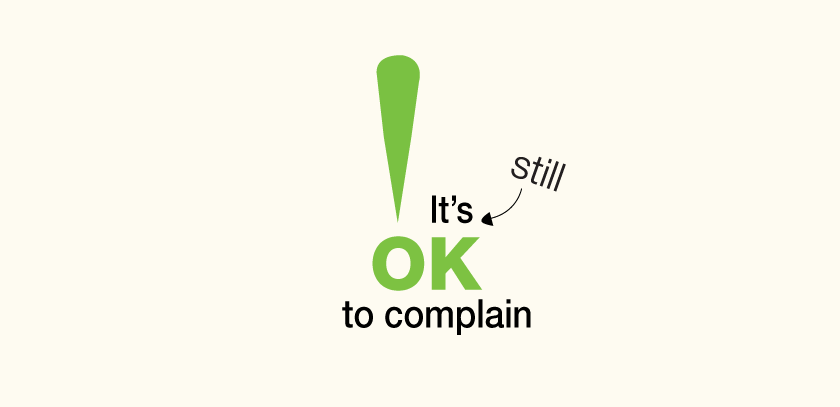
Community plays a vital role in fostering inclusivity, support, and empowerment for individuals with disabilities. We cannot underestimate the power of community and inclusion when we look at where we have come from. The history of segregation for people with disabilities is a tale of discrimination, marginalization, and the struggle for equal rights and inclusion. For much of human history, individuals with disabilities were often treated as outcasts, hidden away from society, and denied basic rights and opportunities. It was not until relatively recently that significant progress was made towards dismantling these barriers. Building community is a powerful way that individuals can work towards securing a sense of belonging and connection. It provides a network of connections, resources, and opportunities that can significantly enhance a person’s quality of life. Here are some key reasons why community is crucial for people with disabilities:
- Social Support: Community offers a sense of belonging and social support, which is essential for everyone, including individuals with disabilities. It provides a platform for meaningful relationships, friendships, and interactions. Being part of a community allows people with disabilities to connect with others who may share similar experiences, challenges, and aspirations. This connection helps combat feelings of isolation and loneliness, promoting mental well-being and overall happiness.
- Empowerment and Advocacy: Community plays a crucial role in empowering individuals with disabilities. By joining together, they can raise awareness about their rights, needs, and abilities, and advocate for greater inclusivity and accessibility. A unified community can create a collective voice that can influence policies, systems, and societal attitudes, leading to positive change and improved conditions for people with disabilities.
- Access to Resources and Information: Communities often provide valuable resources and information specific to the needs of individuals with disabilities. They can offer guidance on navigating healthcare, education, employment, assistive technologies, and other vital services. Communities can also share knowledge and experiences, providing practical advice, tips, and strategies for managing daily life challenges. By tapping into these resources, people with disabilities can gain greater independence, improve their skills, and make informed decisions.
- Skill Development and Employment Opportunities: A supportive community can offer various skill development programs, vocational training, and employment opportunities tailored to the abilities of individuals with disabilities. By participating in such initiatives, they can acquire new skills, enhance their existing abilities, and gain the confidence to pursue meaningful careers. Communities that value diversity and inclusion often create an environment where individuals with disabilities can showcase their talents, contribute to society, and achieve economic independence.
- Peer Mentorship: Community fosters peer mentorship, where individuals with disabilities can learn from others who have faced similar challenges. Peer mentors can provide guidance, inspiration, and practical advice based on their personal experiences. This mentorship can be invaluable in helping individuals with disabilities set and achieve their goals, overcome obstacles, and build resilience.
- Recreational and Leisure Activities: Communities offer opportunities for recreational and leisure activities that are inclusive and accessible to people with disabilities. Participation in sports, arts, cultural events, and other social gatherings can not only enhance physical and mental well-being but also promote social integration and equality. By engaging in these activities, individuals with disabilities can explore their interests, discover new talents, and enjoy a fulfilling social life.




